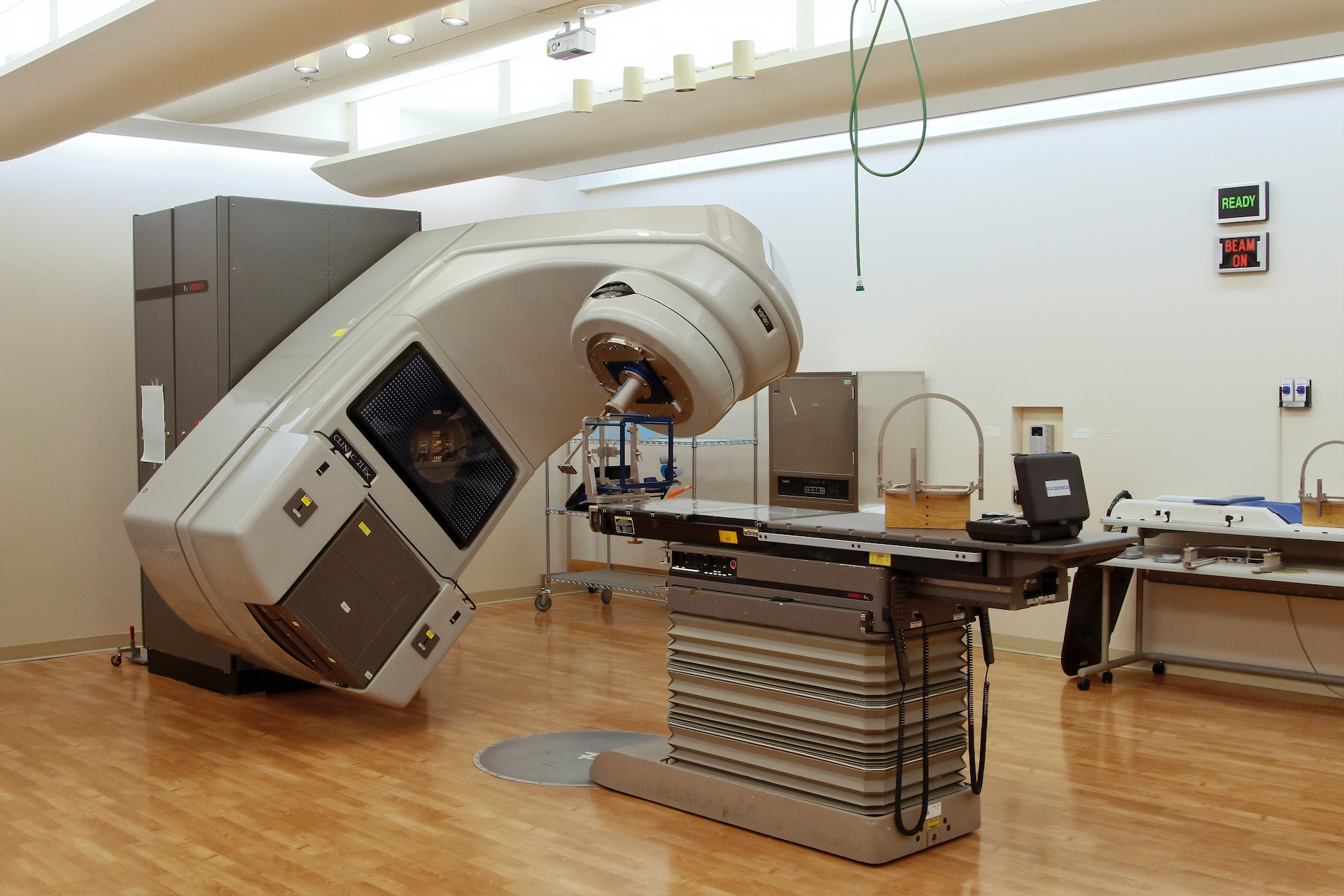The Vital Role of Radiologists in Modern Healthcare: Understanding the Expertise and Responsibilities
Radiologists are healthcare professionals who specialize in the use of imaging to diagnose and treat medical conditions. Radiologists play an important role in modern healthcare, providing critical information that helps doctors make decisions about patient care. Proper diagnosis and treatment is essential for successful outcomes, so the expertise of radiologists is invaluable to physicians and other members of a healthcare team.
In this article, we’ll discuss the importance of radiologists in modern healthcare and outline their responsibilities.
The Role of Radiologists
Radiology has become an essential part of modern medicine due to advances in technology which have enabled us to obtain detailed images inside the body with little or no radiation exposure. This has led to more accurate diagnoses and quicker treatments for many medical conditions. Radiologists are responsible for interpreting imaging studies, identifying abnormalities and recommending treatments. They work with other healthcare professionals to provide comprehensive patient care by making sure that the proper diagnostic tests are ordered and read accurately.
Radiologists at Access Vascular Health use a variety of imaging techniques such as X-rays, ultrasounds, CT scans, MRIs and PET scans to create detailed images of the body’s organs and tissues. These images allow radiologists to identify problems such as fractures, tumors or infections that may not be visible on physical examination alone. Radiologists also play an important role in interventional procedures such as biopsies or catheter insertions which are used to diagnose or treat certain conditions.
Responsibilities
Radiologists have a number of responsibilities in modern healthcare. They must be familiar with the various imaging techniques available and be able to interpret the results accurately. Radiologists are also responsible for ensuring that radiation safety protocols are followed, as excessive exposure to radiation can cause health risks.
Radiologists must also be able to explain their findings to other members of the healthcare team and provide comprehensive reports on patient exams. In addition, they must maintain records of all imaging studies and report any abnormalities or changes in patient’s condition to physicians promptly.
Radiologists are physicians who specialize in diagnosing and treating medical conditions through the interpretation of medical images, such as X-rays, MRIs and ultrasounds. Radiologists play a crucial role in modern healthcare by bringing together their knowledge of anatomy and physiology to interpret diagnostic tests quickly and accurately. This article will explore the unique expertise and responsibilities of radiologists as well as how they fit into the larger healthcare system.
Expertise
Radiologists must possess a vast array of skills to be successful. A radiology degree requires an extensive theoretical understanding of anatomy, pathology and radiation safety among other topics, but it also requires hands-on experience utilizing imaging equipment and interpreting the results. Radiologists must also have proficient IT skills to access patient data and accurately interpret medical images.
Responsibilities
Radiologists are responsible for interpreting and reporting on medical imaging tests ordered by physicians. They must be able to identify abnormalities and make recommendations for further diagnosis or treatment based on the results of the test. Radiologists also consult with other healthcare professionals such as surgeons and pathologists to ensure accurate diagnoses and treatments.
FAQs
Q: What is the role of a radiologist?
A: Radiologists are responsible for interpreting and reporting on medical imaging tests ordered by physicians. They must be able to identify abnormalities and make recommendations for further diagnosis or treatment based on the results of the test.
Q: What qualifications do you need to become a radiologist?
A: To become a radiologist, you will need to complete an accredited radiology program at an approved institution. This typically includes completing four years of medical school followed by three to five years in residency training. Additionally, many states require that radiologists obtain a state license and pass board exams before they can practice.
Conclusion
Radiologists are indispensable members of the healthcare team, combining their expertise in anatomy, physiology and technology to accurately diagnose conditions and provide effective treatment plans. Through consultation with other healthcare professionals, radiologists help ensure that patients get the best possible outcome from their course of care. As modern healthcare continues to evolve, radiologists will remain integral in providing comprehensive, quality care.

